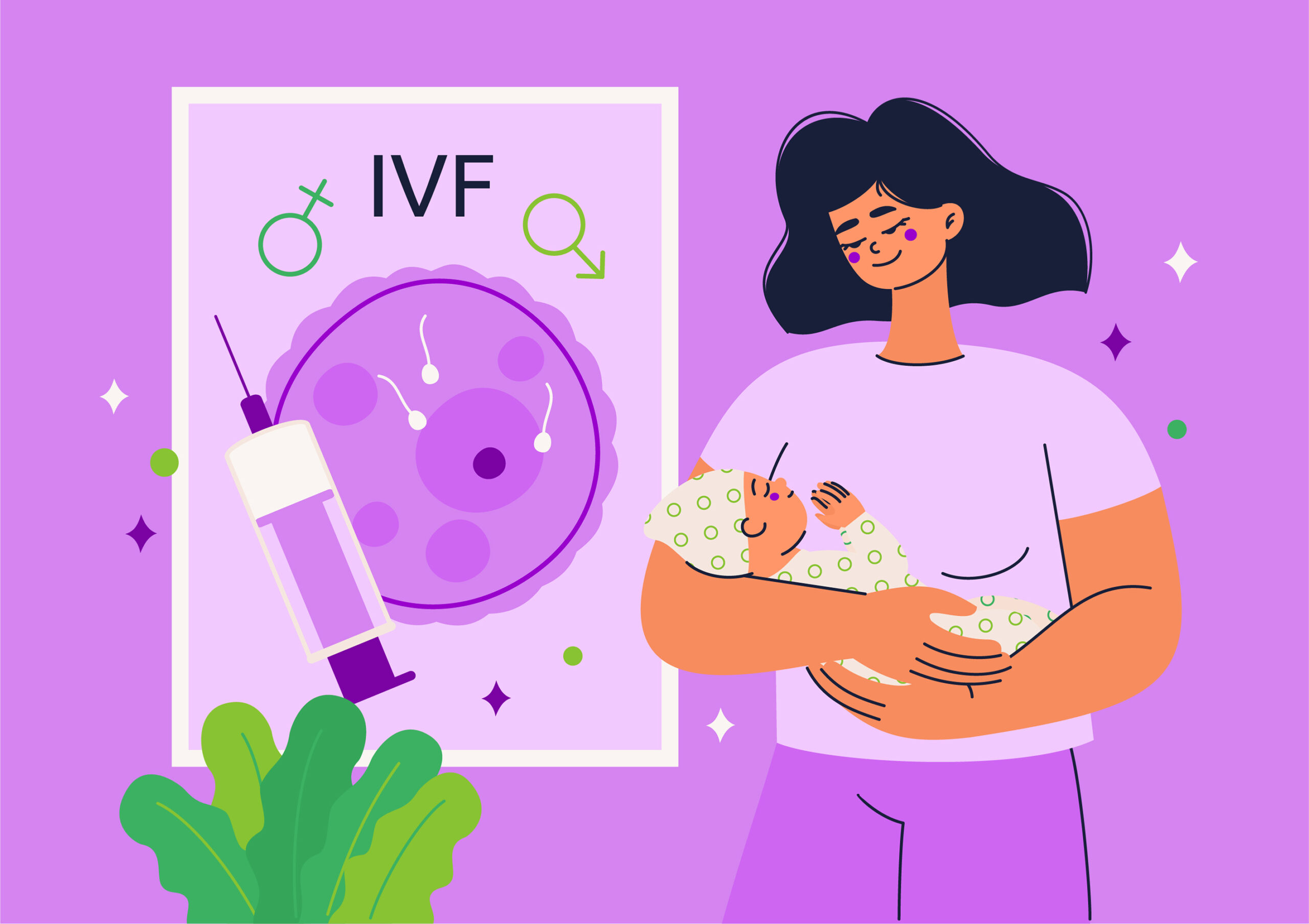
How to Manage IVF Pregnancies? A Beginner’s Guide
IVF or In Vitro Fertilization is a plethora of procedures that enhance fertility, eliminate genetic problems, and help with conception. During IVF, eggs are retrieved from the ovaries and then fertilized by sperm inside a laboratory. The fertilized egg or embryo are transferred into the uterus. A single cycle of IVF takes almost three weeks. Even though most of the pregnancies resulting from IVF are uncomplicated, this treatment is also associated with a few adverse perinatal and maternal outcomes. The following write-up specifies how one can manage a pregnancy accomplished via in vitro fertilization. Please check it out now.

IVF management in Kolkata
Which Genetic Conditions Should You Be Aware of When Considering IVF?
According to the best gynaecologist in Kolkata, women considering IVF must be prepared for de-novo chromosomal abnormalities. Other factors also elevate the risk of these abnormalities including advanced age, serious female and male infertility, and PCOS (polycystic ovarian syndrome). Patients who have gone through or who are planning on going through IVF must opt for genetic counselling.
Is the Genetic Screening Conducted in First Trimester Accurate in IVF Pregnancies?
The accuracy of the genetic screening conducted in first trimester may be impacted by IVF. There is a high chance of false-positives. Low foetal fraction is also a possibility in IVF pregnancies.
What Other Issues May Happen in IVF Pregnancies?
IVF is a complex procedure where you may experience issues like –
- Spontaneous preterm birth
- Placental anomalies
- Congenital anomalies
- Multi Foetal Pregnancy Reduction
- Stillbirth
- Foetal Growth Reduction
To ensure success, women undergoing IVF should keep the below measures in mind.
- Always take medicines on time. IVF pregnancies require immense support in the first three months, and you have to take several medications along with progesterone injections. Be prepared to feel nauseous and giddy all the time.
- The first three months of most IVF pregnancies are challenging. You will not be able to eat anything but maintaining a balanced diet is significant. Have smaller but frequent meals. Avoid outside food and meals that are not cooked with fresh ingredients.
- IVF is an assisted reproductive technology where implantation bleeding is quite common. The experts providing IVF management in Kolkata said bleeding is concerning if it is accompanied by cramps. You must get in touch with your doctor and get scans done immediately. Urine with a burning sensation or pain should also be addressed since it is an indication of infection.
IVF has several adverse perinatal and maternal outcomes. However, by implementing a few simple preventive measures, you can get rid of all those seamlessly. Individualizing care is perhaps the best way to increase success rate.